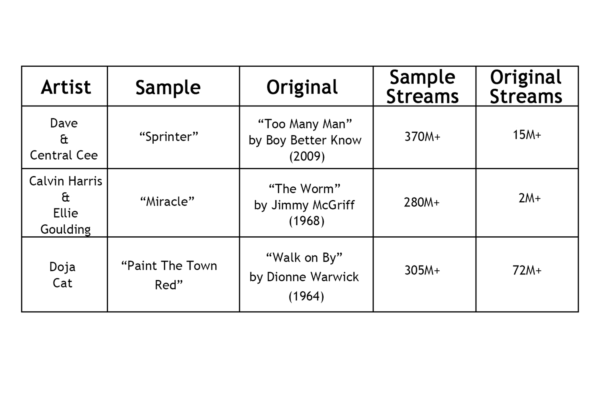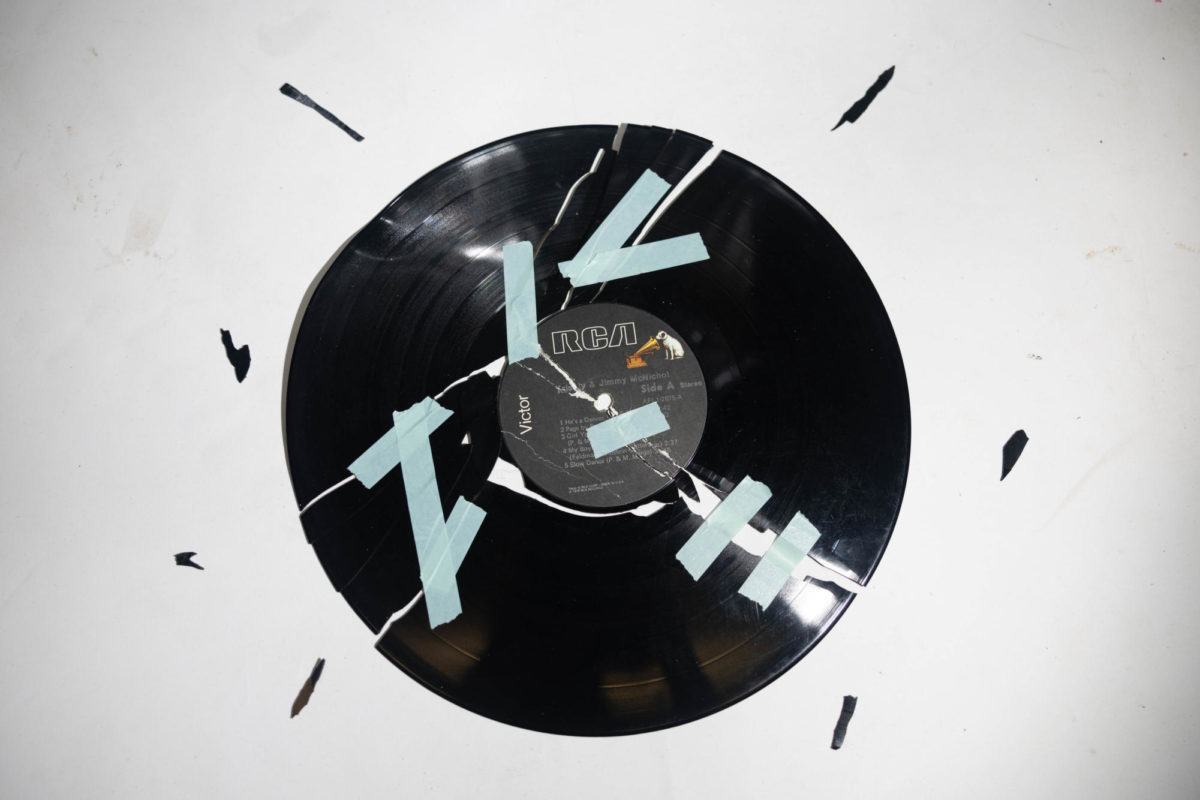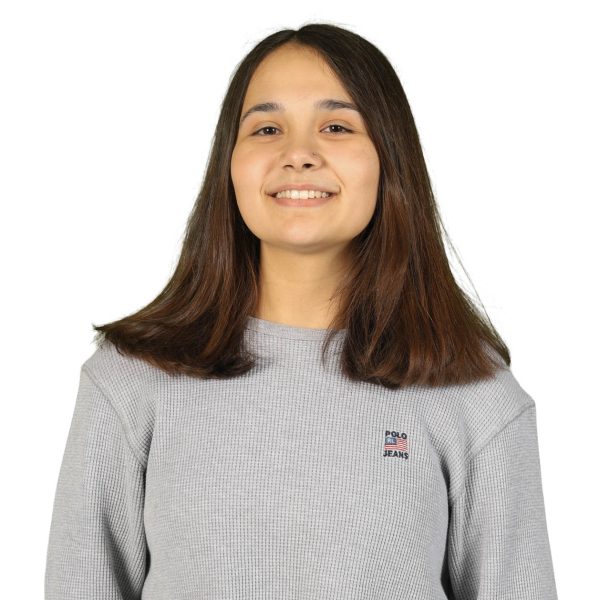You pull out your phone, pop in your earbuds and check what’s topping the charts. You pick a song, press play and right before that first verse begins you stop and think, “Haven’t I heard this beat somewhere before?”
Chances are you probably have. This similarity between songs is referred to as sampling, or by dictionary definition, an element in music that incorporates one or multiple components of a pre-existing record, not to be confused with a song cover, which is a performance of a song executed by someone other than the original artist.
In simpler terms, sampling makes it possible for an artist to use any portion of another creator’s work for their own projects. When an artist samples another musician’s record, they must be granted permission by the label of said artist to avoid any copyright infringements. However, there’s one exception to this principle, which is an artist sampling from their own discography.
Take British singer and pianist, Elton John, as one of many instances. John released Cold Heart (PNAU Remix) with fellow singer and songwriter Dua Lipa in 2021. The record samples four of John’s previous works, “Rocket Man (1972)”, “Kiss The Bride (1983)”, “Sacrifice (1989)”, and “Where’s The Shoorah? (1976)”.
By now you’re probably asking yourself, “Why not just make new music? Why sample previous records?” Although the answer to this question depends on the person you’re asking, it’s generally something along the lines of paying homage to the artist’s discography.
Some have claimed sampling to be lazy and unoriginal, even shameless plagiarism at worst, while others argue that it enables the re-discovery of previous tracks and allows younger generations to discover new genres & artists.
Despite the debate over whether sampling is original or not, it’s very common in the modern world of music for A-list musicians to do so. “I’m Good (Blue)” which was released in 2022 by David Guetta and Bebe Rexha is a case in point. This hit sampled the beat and melody of Eiffel 65’s “Blue (Da Ba Dee)”.
Eiffel 65’s “Blue”, which was released in 1999 sits at 552M+ streams on Spotify, while David Guetta and Bebe Rexha’s “I’m Good (Blue)” amassed a whopping 1.2B + streams over the course of one year. In comparison, it took 23 years for the original to achieve even half the number of streams as the sampled song. While both records are relatively popular, it is blatant that “I’m Good (Blue)” had a substantial moment of virality as opposed to its predecessor.
With that in mind, it’s important to note that this occurrence doesn’t stop with that record either. In 2023 alone there are countless samples that have accumulated a vast amount of streams and surpassed their originals.
 Overall, artist’s efforts in modernizing old-school beats and melodies have not only changed the way audiences consume music but projected the industry’s classic hits in unconventional ways. While technological advancements in music production and AI-generated records are advancing rapidly, sampling is a technique that’s here to stay.
Overall, artist’s efforts in modernizing old-school beats and melodies have not only changed the way audiences consume music but projected the industry’s classic hits in unconventional ways. While technological advancements in music production and AI-generated records are advancing rapidly, sampling is a technique that’s here to stay.




